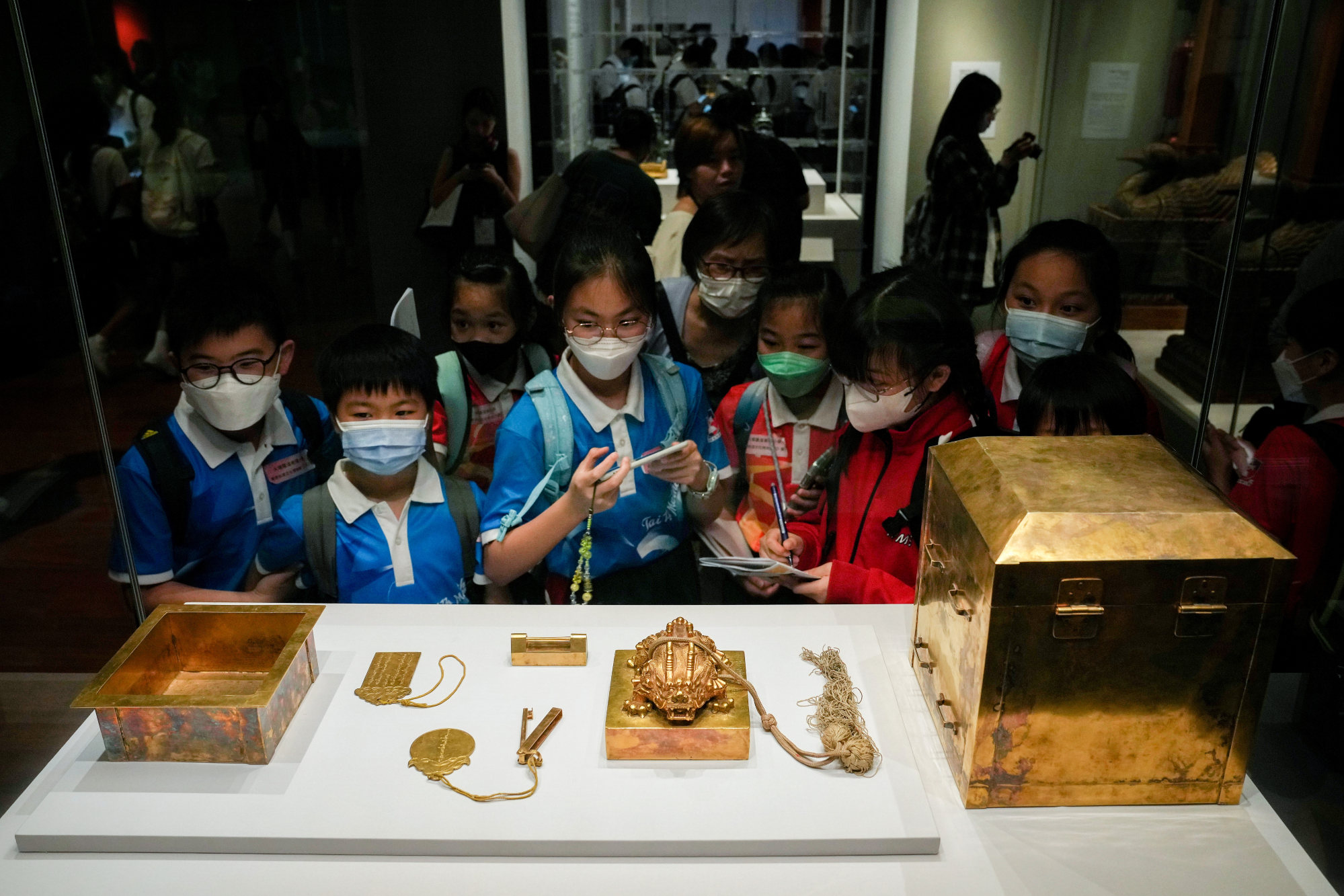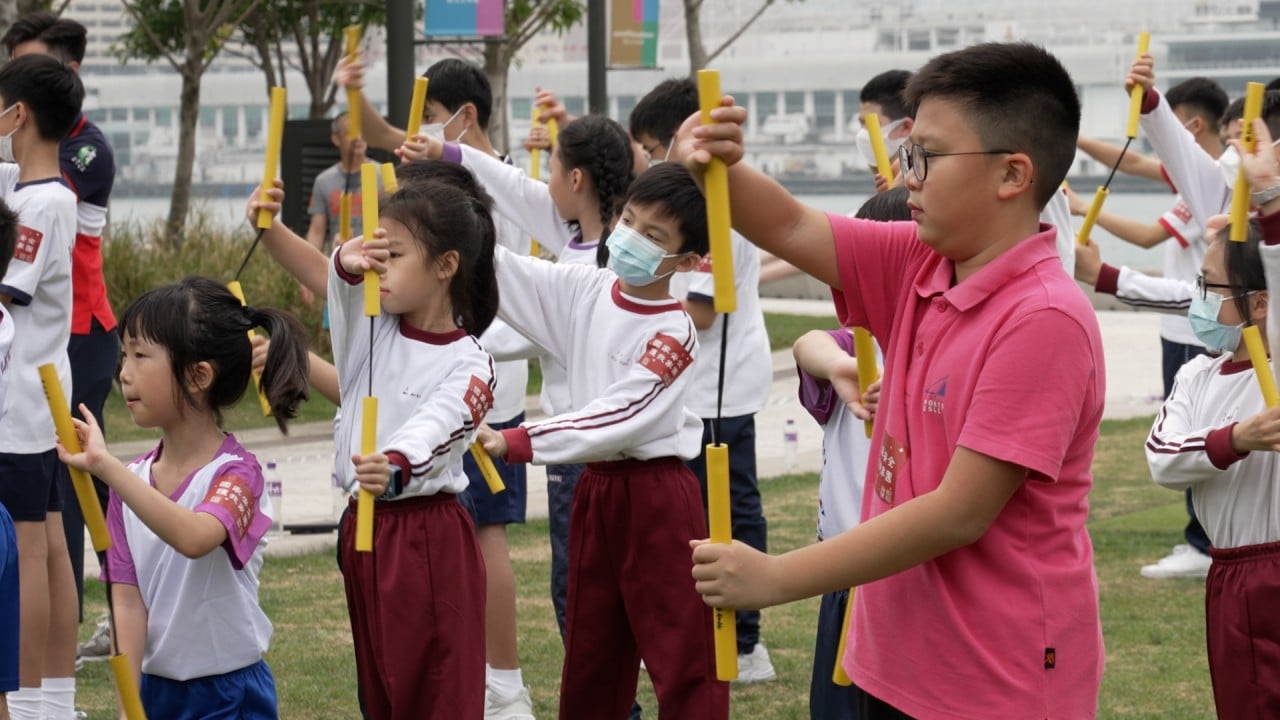
Patriotic education for Hong Kong must be curated with care
- Patriotic education is not a new idea. Countries including the US and the UK offer some form of it to build support for the nation
- For Hong Kong, it is important to identify patriotic knowledge, skills and values before disseminating them to students and non-students alike
Hong Kong Chief Executive John Lee Ka-chiu, for example, has indicated that the city will embrace the spirit of this new law. This emphasis on the Hong Kong context needs to be considered from an educational perspective. The basic ideas that make up patriotic education need to be identified and then, most importantly, properly sequenced across the age spectrum for Hong Kong students and the whole community.
Patriotic education is not a new idea in China or elsewhere. All nations seek to develop young people and citizens who love their country and will support it. It may be called civics in the United States, citizenship education in the United Kingdom, or civics and citizenship education in Australia, but the purpose is the same: to develop understanding, skills and national values.
Patriotism is not nationalism, where your country is seen to be better than other countries. Patriotic education is a process focused on building and developing support for the nation and its achievements.
Yet they raise the issue of how patriotic knowledge, skills and values are identified and sequenced across these school subjects as well as the more informal experiences. Repetition needs to be avoided, content needs to be developmentally appropriate and learning outcomes over time need to be specified.
For example, if we expect children in the early years to learn the words of the national anthem and develop respect for national symbols, what do we expect Form 6 students to know, be able to do and value?
This is a basic educational question that would be asked about any area of the school curriculum, so it is not unusual to ask it about patriotic education. Young people, and citizens in general, need to understand what is expected of them, when it is expected and how to know when expectations have been met.
Chinese culture has the power to unite – even in the US
Importantly, young people need to grow and develop in their understanding of patriotism. This should involve moving through a series of experiences that are related but not repetitive. Fitting all the pieces together, they should develop a holistic understanding of patriotism over time.
We must consider how their knowledge and understanding will be extended and how this will help young adults become good and loyal citizens.

Moreover, 60 per cent of high school students will not attend further education; how will they be affected by not having the same access to additional patriotic education?
To some extent, this question has been answered by the introduction of the Patriotic Education Law that will come into effect at the beginning of 2024. The law is designed not just for students but the whole population.
Articles 3 to 6, meanwhile, cover an understanding of Marxism and the thought of China’s paramount leaders, acknowledging the leadership of the Communist Party, and knowledge of the constitution, laws and the role of heroes and martyrs. These are not new topics to many on or from the mainland.
While there are few signs that these topics are about to be widely introduced to Hongkongers, in “dovetailing” with the Patriotic Education Law, Hong Kong must carefully curate its implementation of patriotic education if it is to have the desired impact.
The challenge for the government across agencies and bureaus is to build a coherent and consistent programme of learning. It needs to avoid duplication and overlap, ensure that the most significant issues are highlighted and keep students and citizens engaged over a long period of time.
Becoming a patriot is not about taking a simple oath of allegiance: it is commitment to a body of knowledge and attendant values. Identifying the scope and sequence of such learning across time needs to be a priority.
Kerry J. Kennedy is professor emeritus at the Education University of Hong Kong


